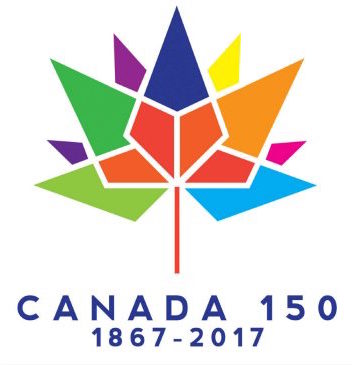
Without saying anything, Farrah Khan hands out a clipboard with a piece of paper on it to each person in the room.
“Now, I want each of you start to draw what was in your head at 9 a.m. this morning,” she says. “When time is due, you’ll hand the clipboard to the person next to you and continue on another person’s drawing.” Khan then plays a song by Beyoncé on her iPhone.
Several participants, including Khan, finish drawing different parts of each other’s pictures before they are returned to the original artist. The result is a joint effort made by each member of the group to explore their fellow participants’ mindsets.
Politics in comics
It is the starting point for The Panel Is Political, a discussion on how to use comic books for social change, at Another Story Bookshop in Toronto’s Parkdale neighbourhood.
The discussion is also led by Seemi Jamil, a youth group coordinator at the Afghan Women’s Organization in Mississauga, and Nicole Marie Burton, a comic book illustrator and founder and co-owner of Ad Astra Comix – North America’s first publisher dedicated to comics about social justice themes.
“They are interested in talking about what it is like to be low-income in Canada but also assimilated within society.”
Jamil and Burton worked together early this year to develop a youth program that teaches immigrant and activist youth to draw and express their feelings. The program involved one-and-a-half hour sessions, held once a week for eight weeks.
“Nicole [Burton] comes by and does workshops with the youth groups and teaches them how to do graphic-novel style storytelling,” Jamil explains.
“We wrote a paragraph about a challenge we had to deal with in anonymity,” begins Burton, describing one of the group’s activities. She says the written paragraphs were ripped into pieces, folded, and mixed in a hat.
“Everybody drew out a story and had to tell it in a comic form,” she adds. “It was incredible to me how much could have been done with that,” says Burton about the activity.
Other activities focused on character design, practising different dimensions and shapes, and drawing about current events. She adds that there never seemed to be enough time in each session to meet the youth’s high level of interest in each activity.
Graphic novels, Jamil says, not only help immigrant and refugee youth to understand, but to be able to learn how to tell their own story.
Visual storytelling
“I was trying to get low-income youth groups to have some art form where they can talk about their own stories,” Jamil says. “They are interested in talking about what it is like to be low-income in Canada but also assimilated within society.”
An example of a political comic book that helps youth understand global events, says Jamil, is Persepolis – a graphic novel about the revolution in Iran.
“We’ve seen a large trend in youth groups trying to express themselves through different art forms as opposed to just writing,” she continues.
She says the program’s young female participants are of Afghani and Pakistani descent, and that the workshops focus on minority voices, people of colour, women of colour, and political situations all over the world.
Graphic novels, Jamil says, not only help immigrant and refugee youth to understand, but also to be able to learn how to tell, their own story. She stresses that for marginalized groups who do not have the same vocabulary or English proficiency as other Canadians, art can help them understand and share ideas.
Political comics gaining momentum
Burton started Ad Astra Comix in 2013 in Toronto. She says she is passionate about social justice and wants to see more political comics that touch on topics such as sexism, racism, colonialism, homophobia and transphobia.
[Khan] says white comic book artists often portray South Asian women stereotypically.
Ad Astra Comix not only publishes, but also creates its own graphic novels, including its first full-length graphic novel Drawing the Line: Indian Women Fight Back, a collection of stories by Indian women about topics including harassment, race, class and political struggle.
Khan, the inaugural Sexual Violence Support and Education Coordinator at Ryerson University, has more than a decade of experience speaking about violence against women.
As a trauma counsellor, she has led several educational programs, including comic book projects, to help women express their feelings and fears through drawing.
In 2012, Khan put together a program to run a comic book workshop specifically for South Asian women. She says white comic book artists often portray South Asian women stereotypically.
The project resulted in a comic book called Heartbeats: The IZZAT Project, featuring stories and illustrations by South Asian women about violence and resilience in their lives.
The book was chosen by the Tahirih Justice Centre to be part of a tour to raise awareness about forced marriage in the United States.
One of the stories the book features, titled “Cage,” resulted in the escape of one of the program’s participants from her abusive family. Khan says the young woman was able to find help at a women’s shelter two cities away from her home during the project.
Shan is a photojournalist and event photographer based in Toronto with more than a decade of experience. From Beijing Olympic Games to The Dalai Lama in Exile, she has covered a wide range of editorial assignments.





